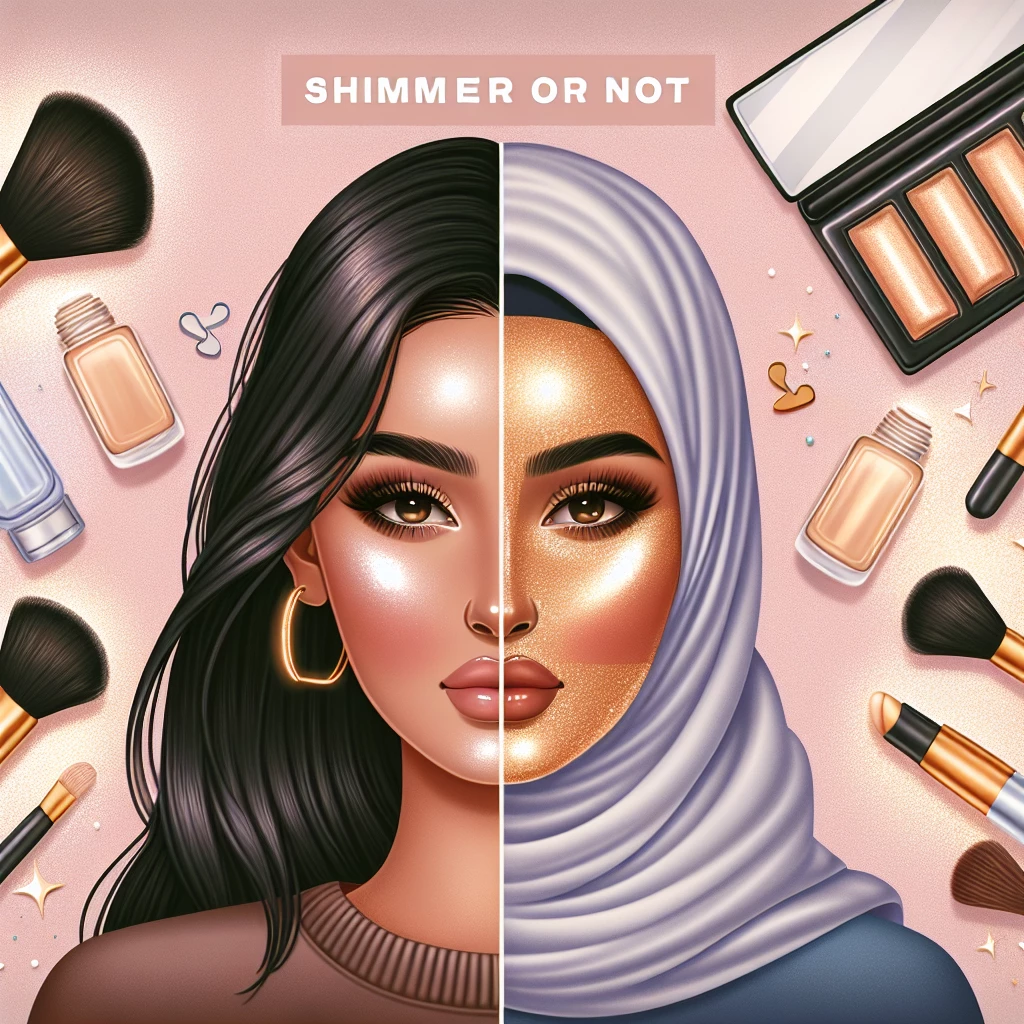In the realm of makeup, few topics spark as much debate as the use of highlighter. Some makeup enthusiasts swear by the glow it grants their skin, while others argue it only serves to magnify pores and skin imperfections. The question is, to shimmer or not to shimmer? Does highlighter have a place in every woman's makeup bag, or is it a trend best left to influencers and models? In this article, we will address this makeup debate and explore scenarios where shimmer makeup might be appropriate, and when it might be best to go without.
Understanding Highlighters
Highlighters, sometimes referred to as illuminators or enhancers, come in several forms. There are powders, creams, and liquids, each intended for a distinct application and effect. The purpose of these products is to draw light to certain areas of the face, giving the appearance of a radiant, healthy glow.
Choosing which type of highlighter to use often depends on skin type. Generally, powders highlighters work best on oily skin, cream highlighters for dry skin, and liquid highlighters work on most skin types. The effect you desire also influences the choice of highlighter. For instance, liquids and creams usually give a more subtle, ‘lit-from-within’ glow, whereas powders can offer a dramatic and glittering shine.
Despite what some may think, using a highlighter isn’t an all or nothing decision. To achieve a balanced look, it's not about applying highlighter everywhere, but rather determining which areas of your face you want to enhance or draw attention to.
Highlighter According to Skin Tone
Just like any other makeup product, choosing the right highlighter color is imperative to achieve a natural-looking glow. The options can range from pearly whites and pale pinks to rosy golds or bronze tones. The ideal shade of highlighter for you depends largely on your skin tone.
For fair skin, a cool-toned pink or lilac highlighter can brighten the skin without making it look ruddy. If you have a medium skin tone, you might want to look for a champagne-colored highlighter. Bronze or gold-hued highlighters work wonders on dark skin tones, illuminating without the risk of being overly bright or unnatural.
Despite these guidelines, remember that makeup is a creative and personal choice. Don’t be afraid to experiment with different colors and see what works best for you.
The Right Occasion for Shimmer Makeup
While there’s nothing wrong with highlighting your face to the gods every day if that’s your style, some may prefer saving the shimmer for special occasions. Whether it's a wedding, dinner party, or a night out with friends, a bit of shimmer can make you stand out from the crowd.
However, for more professional or formal settings, opting for a less dramatic, more subtle glow could be advised. It's all about matching the intensity of your highlight to the occasion.
Remember, makeup should be fun, so don’t be afraid to play with a little shimmer every now and then regardless of where you are.
Potential Drawbacks of Highlighter
Despite their popularity, highlighters do have some potential downsides. Overuse can result in an overly shiny appearance, which may not be the glowing skin effect you were hoping for.
Some highlighters also have larger particles which might settle into pores and fine lines, magnifying them and drawing attention to these imperfections, which could be counterproductive. Specifically, large particle shimmer makeup might not be the best choice for mature or excessively oily skin.
However, many of these drawbacks can be mitigated by using the right application techniques and choosing a highlighter designed for your skin type.
To shimmer or not to shimmer? The answer to the highlighter debate ultimately comes down to personal preference and comfort. As makeup lovers, it's our right to experiment, and the quest for the perfect glow may take some time. Whether you prefer a glow that could light up a room or a subtle hint of radiance, always remember that makeup is a form of personal expression and have fun with it.
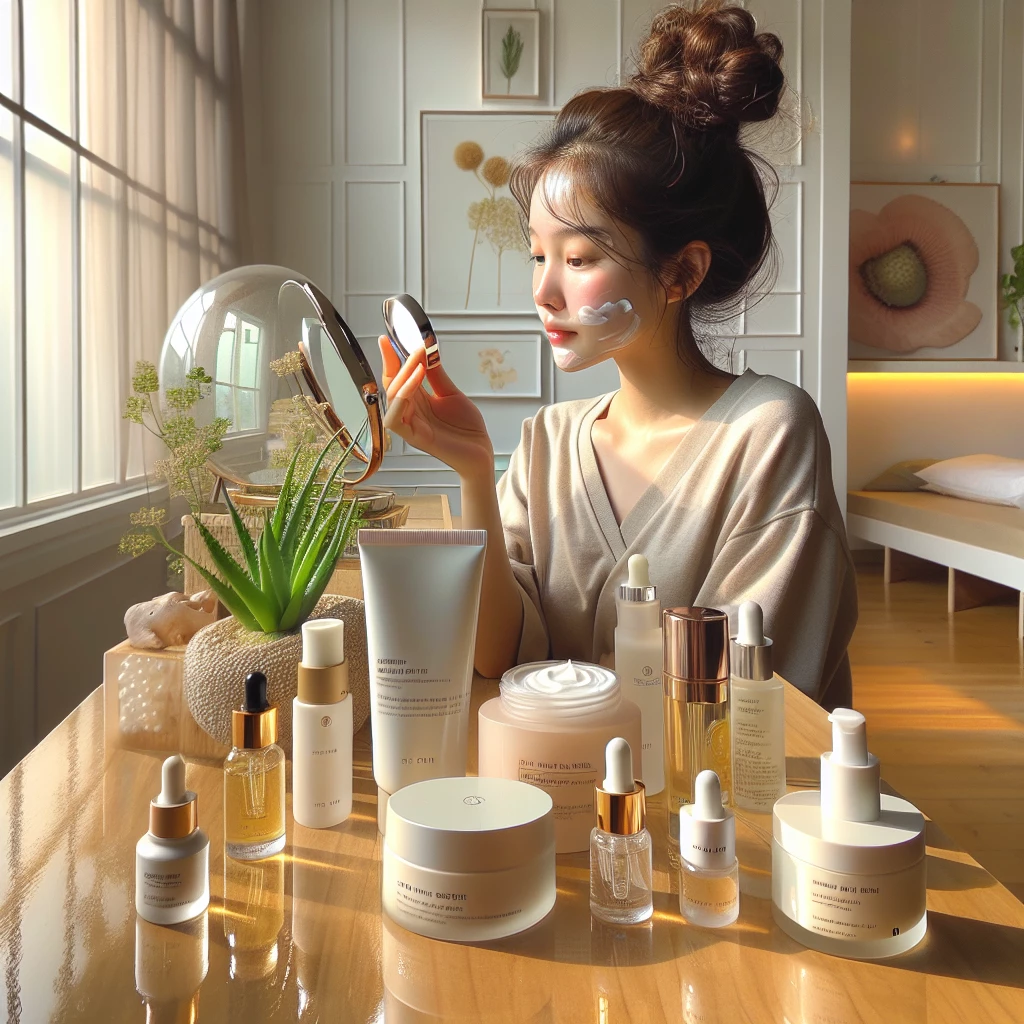
The Magic of K-Beauty
Explore the trend of Korean beauty and what makes it a global phenomenon.
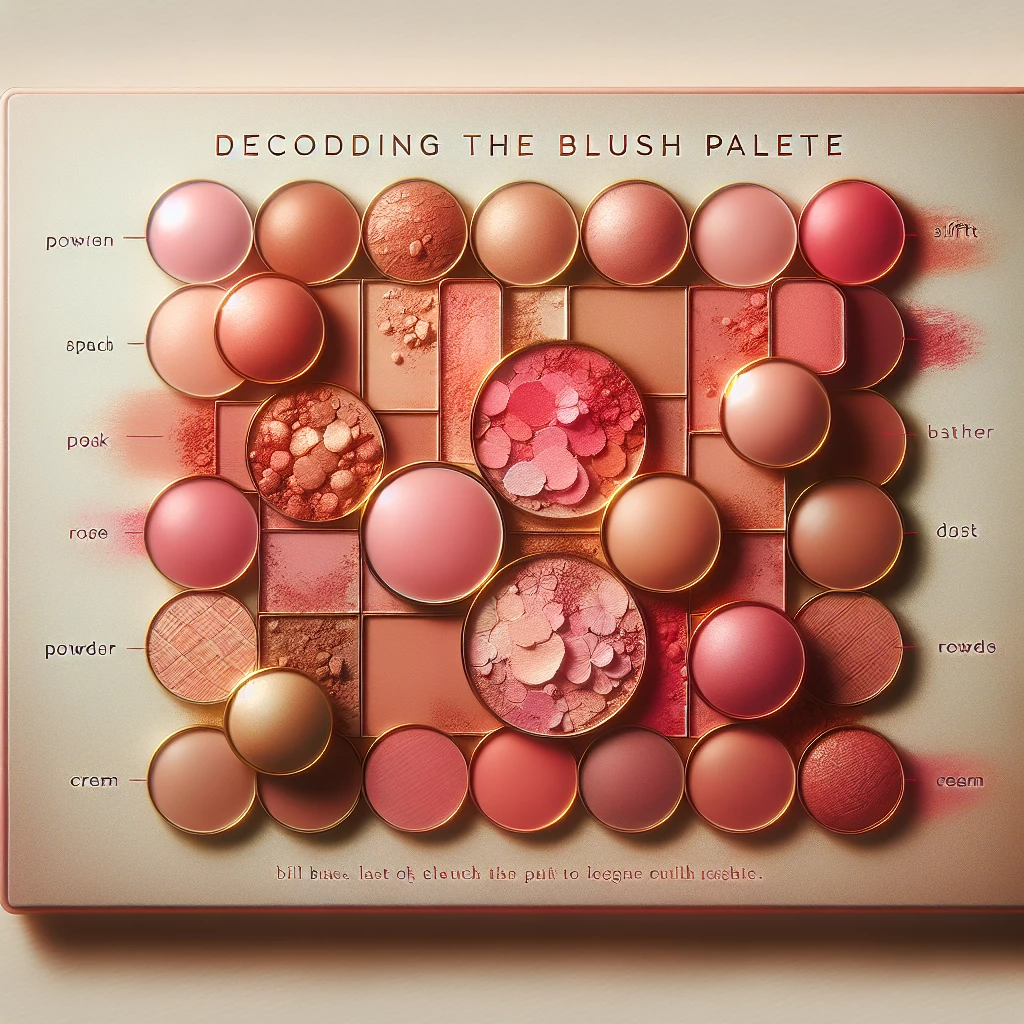
Decoding the Blush Palette
A comprehensive guide to using different shades of blush for various skin tones.
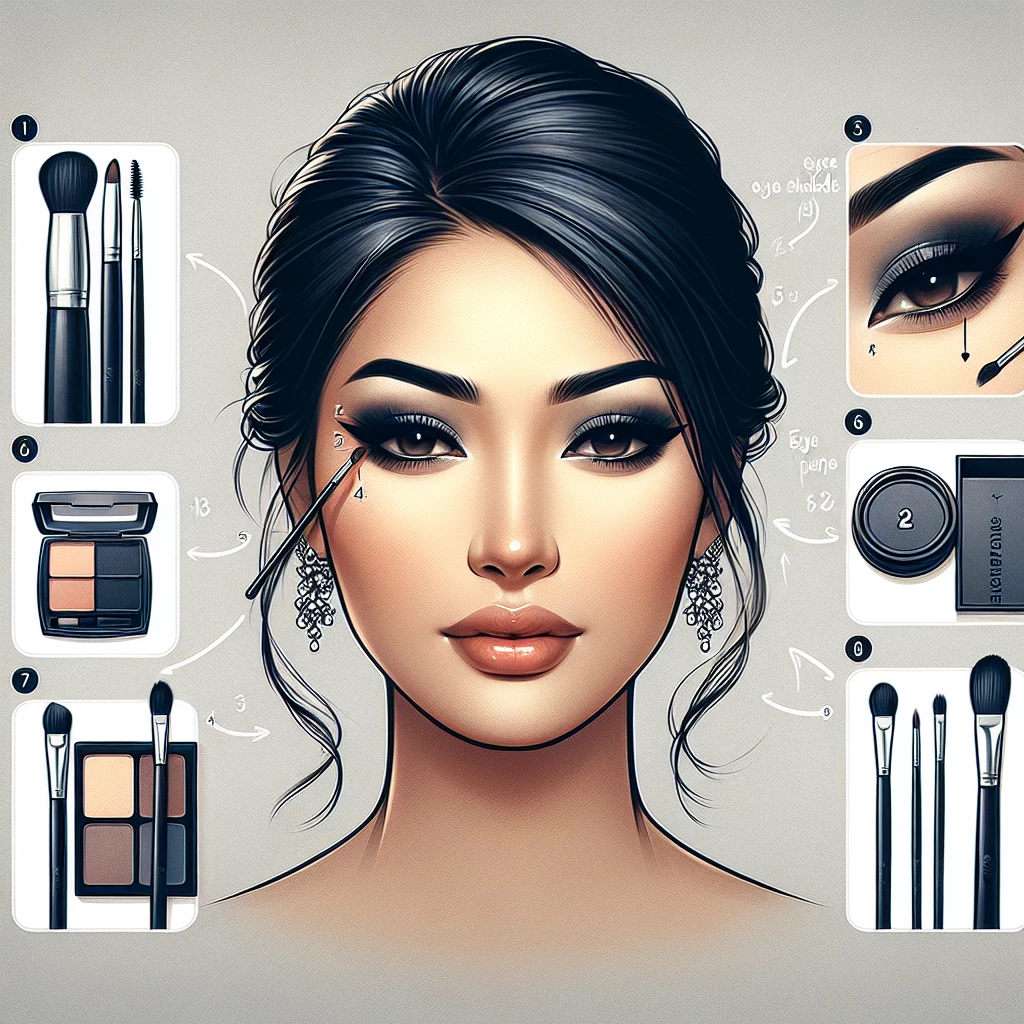
Creating Smokey Eyes: A Guide
Understand the art of achieving the perfect smokey eye look for any occasion.
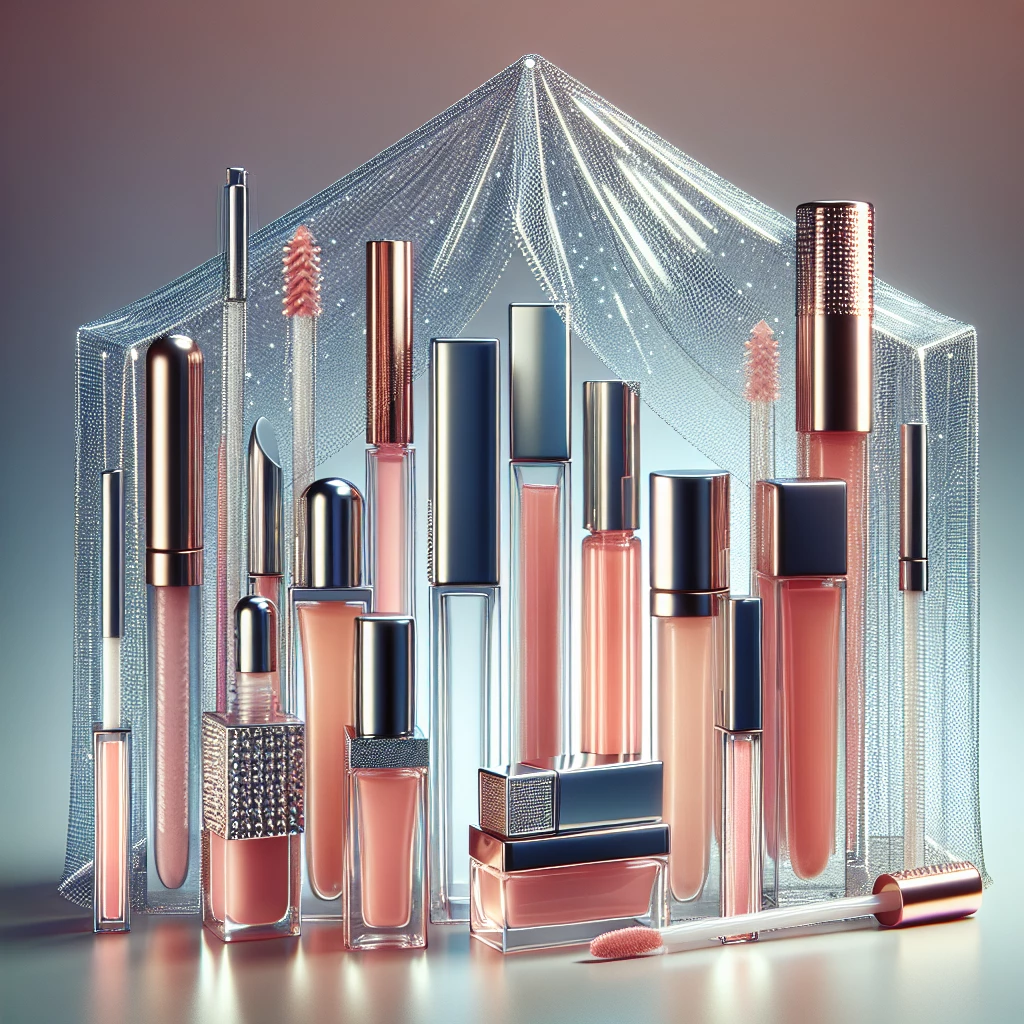
Unmasking Lip Gloss Trends
Dive into the world of lip gloss, tracking its evolution and the latest trends.
